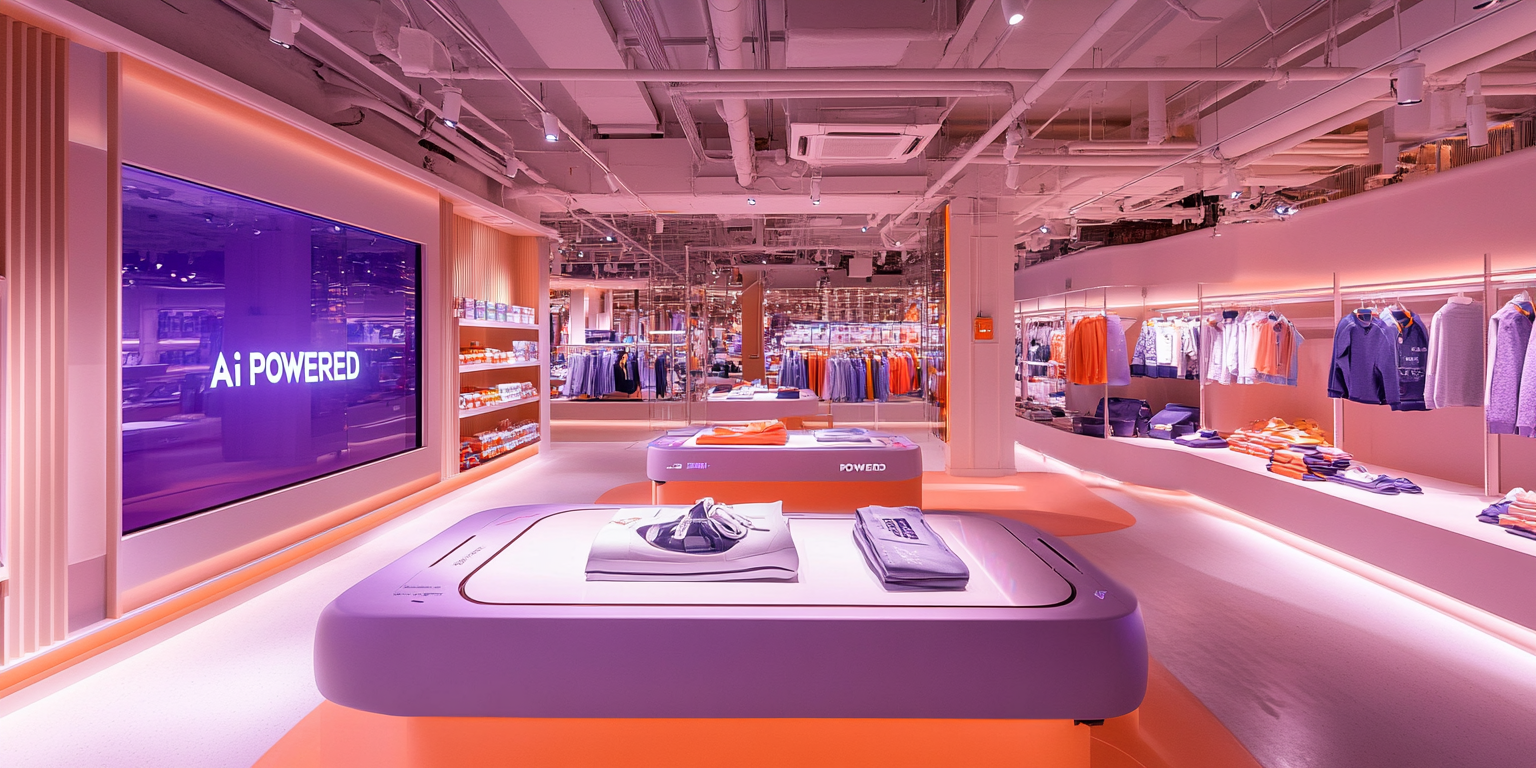As AI technologies continue to evolve, startups in the retail industry have a unique opportunity to reshape how they engage with customers. From improving in-store experiences to streamlining online interactions, AI offers powerful tools that can help startups compete with larger retailers by delivering personalized, efficient, and engaging customer experiences. With the right AI solutions, retail startups can harness technology to drive customer satisfaction, enhance loyalty, and increase profitability, whether in a digital or physical space.
In this blog, we’ll explore some of the key AI solutions that are transforming the retail landscape, helping startups to elevate customer experiences, and building a more agile, competitive approach to retail.
- Personalized Shopping Experiences
AI technology enables startups to provide highly personalized shopping experiences that resonate with individual customers. By analyzing data like purchase history, browsing behavior, and preferences, AI-driven platforms can recommend products tailored to each shopper, creating a more customized experience. For example, Berlin-based startup Frontnow uses AI to power a virtual shopping assistant that enhances personalization by offering tailored recommendations based on customer profiles. This innovative approach allows retailers to extend the personal shopping experience from physical stores to online platforms, available 24/7 and in multiple languages, helping startups stand out in a competitive eCommerce landscape (Frontnow, 2024).
- Enhance Customer Engagement: Personalized recommendations foster a deeper connection with the brand, improving engagement.
- Boost Conversion Rates: When customers are shown products they’re likely to be interested in, the likelihood of a purchase increases.
- Reduce Product Returns: Accurate recommendations based on preferences help reduce return rates, saving on logistical costs.
- AI-Powered In-Store Innovations
AI isn’t just limited to digital retail; it also brings significant innovations to physical stores by transforming the shopping journey. AI-driven technologies, such as “Scan and Go” payment systems, digital mirrors, and real-time inventory tracking, allow retailers to offer a seamless, tech-enhanced in-store experience. These tools make it easier for customers to find what they need, try on items virtually, and check out with minimal wait time—all adding up to a more enjoyable and efficient shopping experience. Zendesk’s CTO, Matthias Goehler, highlights how AI-powered innovations like interactive mirrors allow customers to try on outfits digitally, and mobile payment systems reduce the need to wait in line, boosting customer satisfaction and loyalty (CX Network, 2024).
- Streamline Checkout Processes: Mobile payment systems reduce wait times, allowing customers to self-checkout and avoid lines.
- Optimize Stock Levels: By analyzing purchasing trends, AI helps retailers forecast demand and keep popular items in stock.
- Interactive Shopping Tools: Digital mirrors provide virtual try-ons, allowing customers to see different styles without physically changing outfits.

- Improving eCommerce with Virtual Assistants
For retail startups focused on eCommerce, virtual shopping assistants can be a game changer. AI-driven tools like virtual assistants and chatbots handle customer inquiries, provide product recommendations, and guide customers through the shopping process. These assistants make the online experience more engaging and intuitive, improving customer satisfaction and decreasing cart abandonment rates. As noted by the report from PYMNTS, startups like MySize have successfully integrated AI-powered sizing solutions into their platforms, helping customers find the right size and reducing returns. This not only enhances the user experience but also boosts sales and operational efficiency for online retailers (PYMNTS, 2024).
- 24/7 Customer Support: Chatbots provide round-the-clock assistance, ensuring customer inquiries are answered promptly.
- Enhanced User Engagement: Interactive conversations create a more immersive shopping experience.
- Seamless Navigation: Virtual assistants help customers find products faster, improving the shopping experience.
- Strategic Partnerships for AI-Powered Growth
For startups seeking to leverage AI, forming strategic partnerships with established technology providers can be invaluable. By collaborating with experienced tech firms, startups gain access to advanced AI-powered solutions across areas such as customer experience, supply chain management, and analytics, enabling them to tap into sophisticated technologies without the need for extensive in-house development. SAP.iO’s partner ecosystem, for instance, integrates over 125 AI-powered startup solutions into SAP’s suite of tools, making it easier for startups to access the latest technologies and stay competitive (SAP News, 2023).
- Broaden Technological Capabilities: Partnerships provide access to state-of-the-art AI solutions tailored to the retail sector.
- Reduce Costs: Leveraging an existing technology provider’s solutions is often more cost-effective than developing AI solutions from scratch.
- Foster Innovation: Collaborations bring new perspectives and innovations that can help startups stay ahead of industry trends.
Shaping the Future of Retail with AI
AI is rapidly becoming an essential tool for retail startups, allowing them to provide personalized experiences, streamline operations, and enhance customer satisfaction. By embracing AI and staying agile, startups can effectively compete with larger retailers and establish a loyal customer base. Whether through personalized shopping, in-store innovations, or strategic partnerships, AI is helping startups pave the way for a smarter and more engaging retail experience.
Are you a startup looking to transform your retail approach with AI? Start exploring AI-driven retail solutions today and join the conversation on how to harness AI for customer-centric growth!





